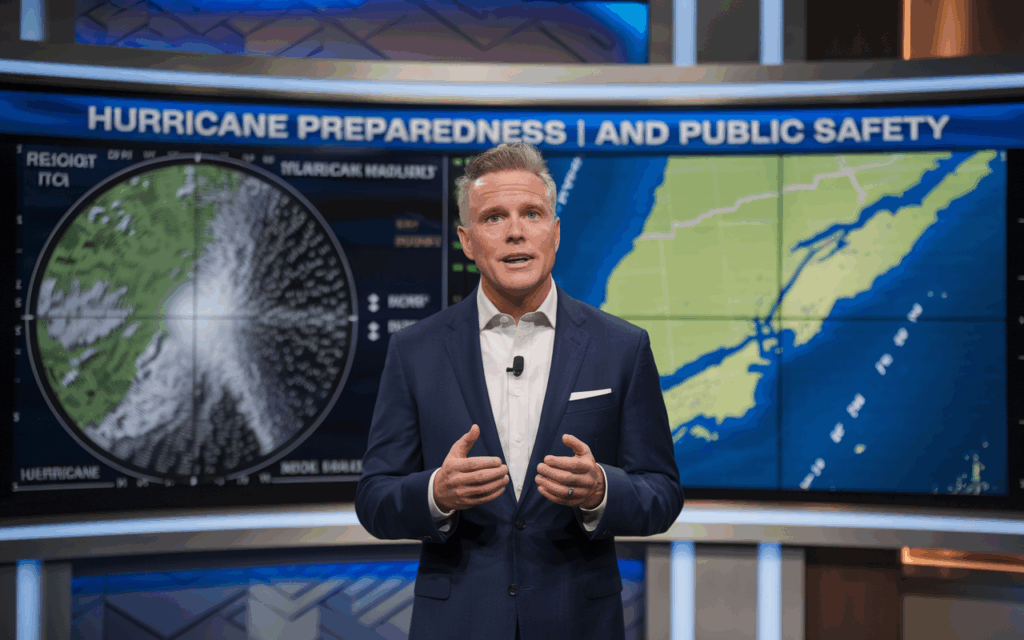How the Trampling of Meteorological Expertise Could Impact Hurricane Preparedness 🌪️
As hurricane season approaches, unsettling news emerges from the National Weather Service (NWS). Major metropolitan areas find themselves without top meteorologists at a time when their expertise is crucial for effective disaster management. A recent report reveals that 30 out of the 122 weather offices nationwide are lacking a meteorologist-in-charge (MIC). Among these under-staffed locations: bustling hubs like Houston, New York City, Tampa, and Cleveland – each prone to the devastating effects of hurricanes. ❌🌆
The former National Oceanic and Atmospheric Administration (NOAA) administrator, Rick Spinrad, described these MICs as the "critical linchpin" for weather forecasting and emergency communication. Without them, the public is left vulnerable, especially in hurricane-affected areas where timely information can mean the difference between safety and tragedy. For instance, last hurricane season, the Tampa office faced dire consequences when Hurricane Milton struck, resulting in significant losses and widespread chaos. 💔⚠️
Recruitment and Retention Crisis
Since Trump’s inauguration, the NWS has shed over 550 employees—some due to regular turnover and others because of widespread agency layoffs aimed at "government efficiency." The repercussions of such cuts are far-reaching. Experts predict that the absence of experienced meteorologists could lead to inaccuracies in forecasts, ultimately putting lives at risk. David Stensrud, a Penn State professor, emphasized that "You're talking about threats to life and property. This is a place where you don’t want to make mistakes." 🤯🌀
An Impending Storm Season
As we turn to the Colorado State University’s initial forecast for the 2025 hurricane season, the predictions are anything but encouraging. The likelihood of above-average hurricane activity for the upcoming season raises alarms, particularly in light of the glaring personnel deficiencies at key forecasting offices. 🌀📈
In a world where climate change is intensifying these unpredictable storms, it seems counterproductive to dismantle a key mechanism for public safety – accurate meteorological forecasting. The risks of operating without solid leadership in weather offices resemble "driving down the road with bald tires." You might get many miles, or you might not get very far at all. 🚗💥
The Bottom Line
In a country where natural disasters loom as an ever-present threat, a robust meteorological service is not just beneficial; it's essential. Without the brains behind the forecasts, communities may find themselves dangerously unprepared, unaware of looming threats that could disrupt lives and livelihoods. This hurricane season, let’s advocate for the restoration of these vital meteorological roles, ensuring our cities have the expertise needed to navigate fierce storms safely. 🌪️💪
Stay tuned for updates, and let’s hope for a safe hurricane season ahead!
[#HurricaneSeason2025, #MeteorologyMatters]

More Stories
Exciting News: The Summer I Turned Pretty is Becoming a Movie
Reflecting on Robert Redford’s Legacy of Integrity and Artistry
Sara Rivers Appeals Dismissal of $60 Million Lawsuit Against Sean Combs: A Fight for Justice in the Entertainment Industry